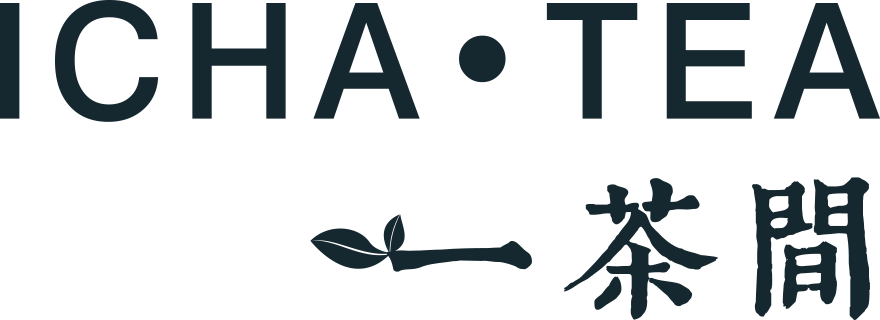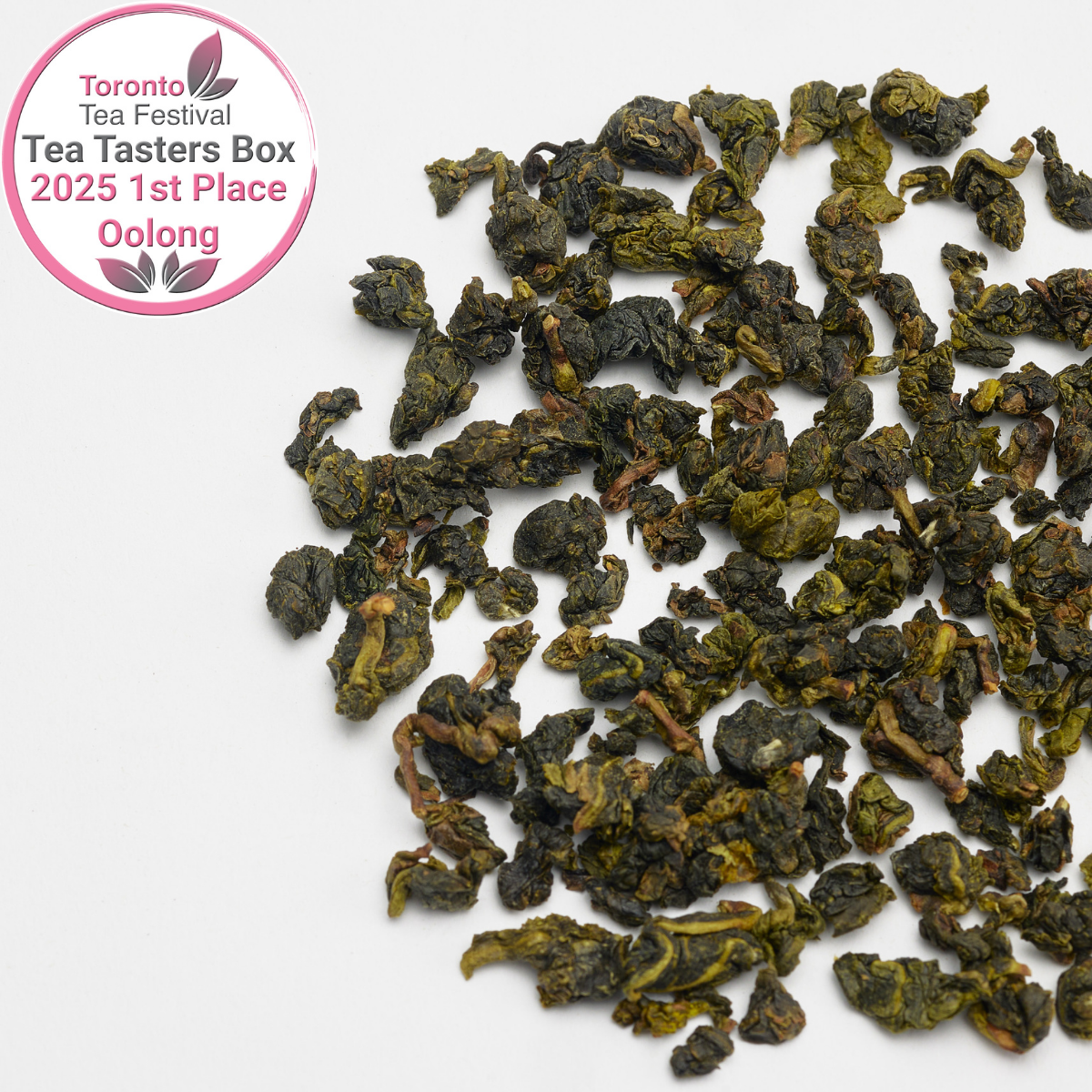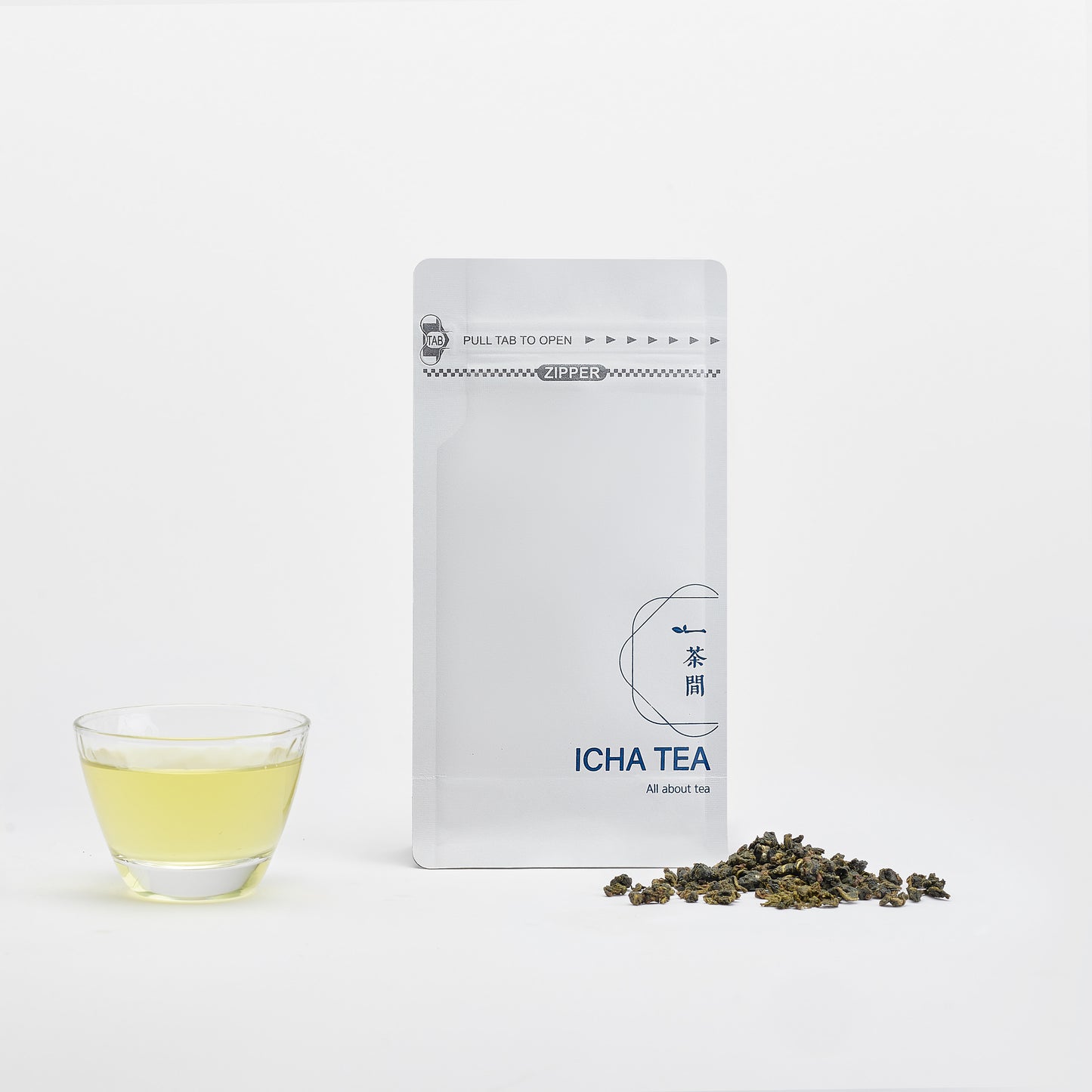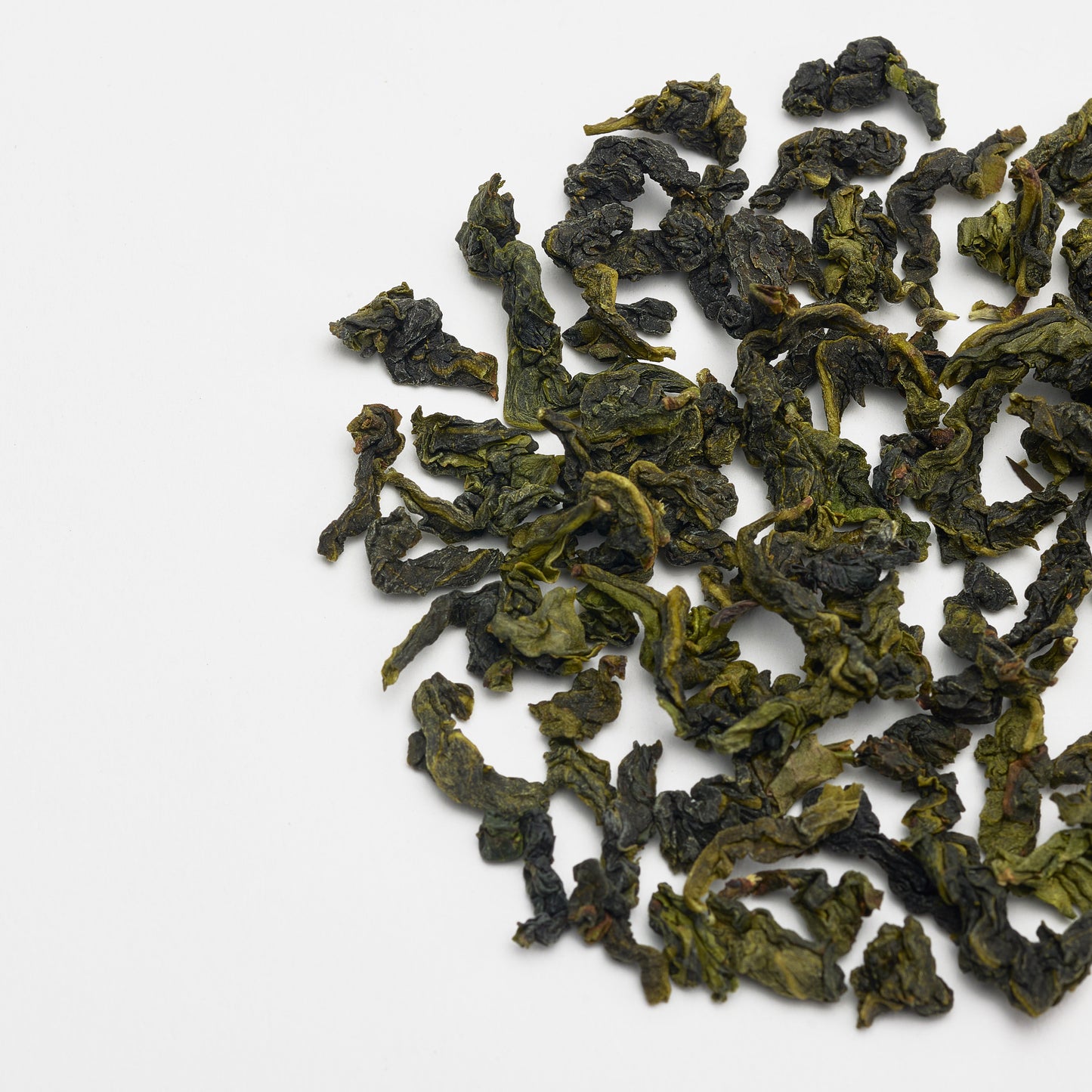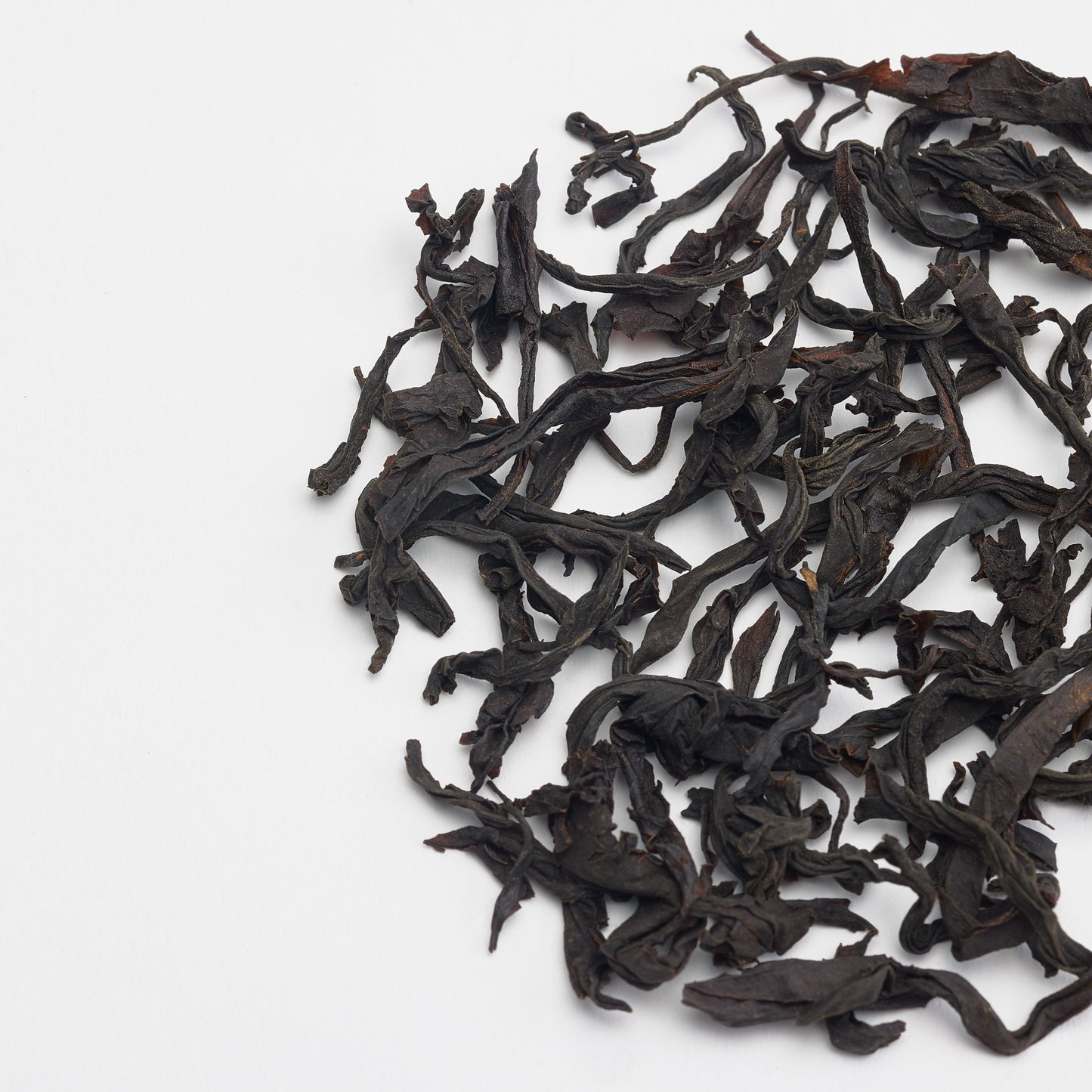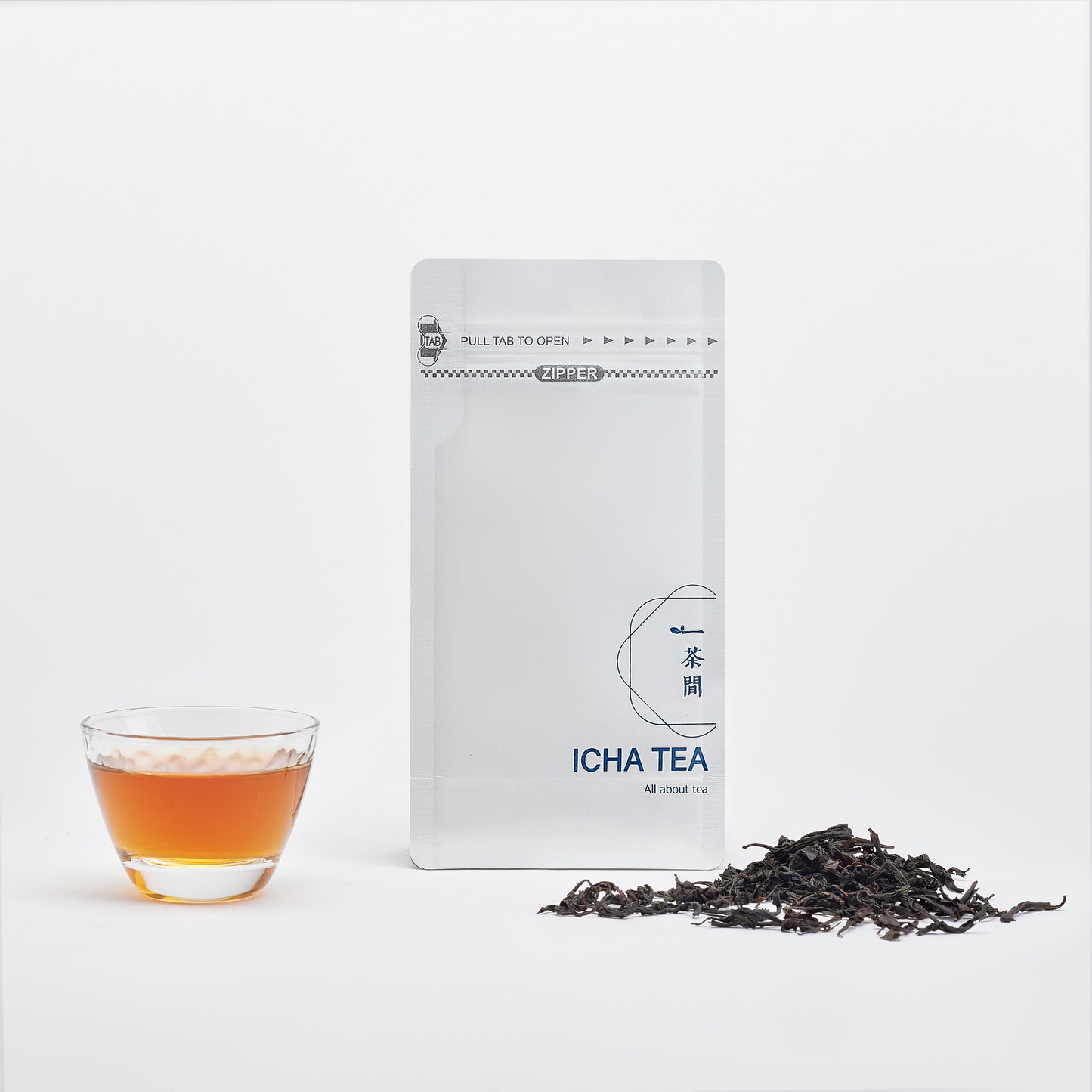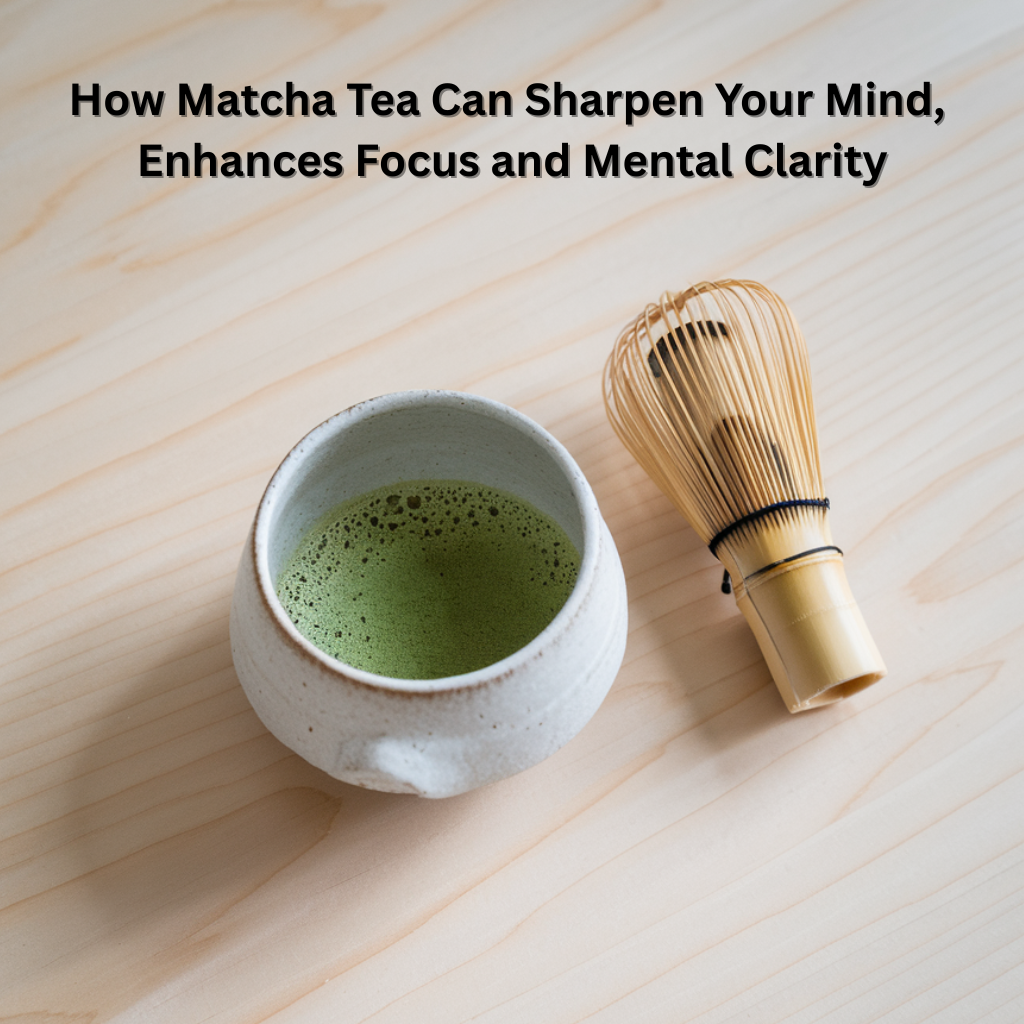
The Modern Challenge of Maintaining Focus
In today's digital world, maintaining sustained concentration has become increasingly challenging. Constant notifications, information overload, and multitasking demands have shortened our attention spans and diminished our ability to focus deeply on tasks. As we search for natural solutions to enhance cognitive performance, matcha tea emerges as a centuries-old remedy with modern scientific backing.
Unlike synthetic stimulants or sugary energy drinks that provide short-lived boosts followed by crashes, matcha offers a balanced approach to mental alertness. This green tea powder has been part of traditional tea ceremonies for centuries, valued for its ability to promote mindfulness and concentration. Modern science now confirms what traditional wisdom has long suggested. Matcha creates a unique state of calm alertness that enhances focus without the unpleasant side effects of other caffeinated beverages.
What Is Behind Matcha's Cognitive Benefits
What makes matcha uniquely effective for mental performance is its natural combination of complementary compounds:
The L-Theanine and Caffeine Synergy
At the heart of matcha's focus-enhancing properties is the synergistic relationship between L-theanine and caffeine. A study published in Nutritional Neuroscience found that this combination significantly improves attention and cognitive performance in ways that either compound alone cannot match.
-
L-theanine: This amino acid promotes alpha wave activity in the brain. This is the same brain state achieved during meditation. Alpha waves are associated with relaxed alertness and reduced anxiety.
- Caffeine: Matcha contains natural caffeine (about 70mg per cup) that blocks adenosine receptors, preventing fatigue and increasing alertness.
When these compounds work together, they create what researchers call "alert calm" which is focused attention without the anxious energy often associated with other caffeinated beverages.
The Role of Catechins and Antioxidants
Beyond L-theanine and caffeine, matcha contains powerful catechins, in particular, epigallocatechin gallate (EGCG), that support brain health through multiple mechanisms:
- Protection against oxidative stress that can damage brain cells
- Support for healthy blood flow to the brain
- Promotion of neurotransmitter balance
According to Harvard Health Publishing, the compounds in green tea (concentrated in matcha) may have long-term neuroprotective effects, potentially reducing risks of cognitive decline while supporting daily cognitive function.
How Matcha's Focus Benefits Compare to Coffee
Many people turn to coffee for mental alertness, but matcha offers several distinct advantages for sustained concentration:
| Attribute | Matcha | Coffee |
|---|---|---|
| Energy curve | Gradual rise, sustained for 4-6 hours | Quick spike followed by crash |
| Mental state | Calm alertness | Often jittery alertness |
| Side effects | Minimal | Can include anxiety, jitters, digestive discomfort |
| Additional benefits | Antioxidants, L-theanine, chlorophyll | Limited additional compounds |
The difference lies in matcha's unique processing—because you consume the whole leaf powder, the caffeine binds with other compounds that slow its absorption, creating a time-released effect rather than a sudden jolt.
Real-World Focus Applications
Matcha's unique cognitive benefits make it ideal for various mental performance scenarios:
Studying and Academic Performance
Students preparing for exams can benefit from matcha tea's ability to sustain attention without anxiety. The combination of improved alertness with reduced stress creates an optimal state for information retention and recall.
Students can benefit from trying to switch from coffee to matcha green tea to help them maintain longer study sessions with better concentration and less burnout.
Workplace Productivity and Creative Tasks
For professionals facing demanding cognitive tasks, matcha can provide the mental clarity needed for complex problem-solving and creative thinking. The alpha wave-promoting effects of L-theanine may also enhance creative connections while maintaining focus.
Try preparing our Matcha Tensei before important meetings or creative sessions that require both innovative thinking and sustained attention.
Meditation and Mindfulness Practice
Historically used by Zen monks to remain alert during long meditation sessions, matcha continues to support mindfulness practices today. Its unique ability to produce both relaxation and alertness creates the ideal mental state for meditation.
Optimal Ways to Prepare Matcha for Focus
The preparation method can influence how effectively matcha enhances your concentration:
Traditional Preparation for Maximum Benefits
For the full cognitive-enhancing experience, the traditional preparation method is recommended:
- Sift 1-2 teaspoons of high-quality matcha (like our Matcha Tensei) into a warming bowl
- Add 2oz of hot (not boiling) water at approximately 80°C/175°F
- Whisk in a W or M motion using a bamboo whisk until frothy
- Drink immediately while the beneficial compounds are at their peak
This method not only extracts the optimal amount of beneficial compounds but also becomes a mindful ritual that prepares your brain to transition into a focused state.
On-the-Go Focus Solutions
For busy days when the traditional whisking isn't practical:
- Add 1/2 teaspoon of Matcha Suiu to a bottle with 8oz of water
- Shake vigorously until dissolved
- Enjoy chilled for a refreshing focus boost
Focus-Enhancing Matcha Latte
For a sustained focus session with a gentler caffeine curve:
- Prepare matcha traditionally with 2oz hot water
- Add 6oz of warmed milk of your choice
- Optional: Sweeten lightly with sweetener of choice if desired (remember too much sugar can counteract focus benefits)
When to Consume Matcha for Optimal Focus
Strategic timing of matcha consumption can maximize its cognitive benefits:
- Morning ritual (7-9 am): Replace coffee with matcha to start the day with calm focus
- Mid-morning boost (10-11 am): When your initial morning energy begins to wane
- Early afternoon renewal (1-3 pm): Combat the post-lunch energy dip
- Pre-performance preparation (30-60 minutes before important mental tasks)
Avoid consumption after 2 pm or 3pm if you're sensitive to caffeine, as it may interfere with sleep quality.

Creating a Daily Matcha Focus Ritual
The most significant benefits come from consistent matcha consumption as part of a daily routine:
-
Set an intention: Before preparing your matcha, take a moment to set a clear intention for your focus session and what you want to accomplish
-
Mindful preparation: Use the preparation process as a transitional ritual that signals your brain to enter a focused state
-
Environment optimization: Enjoy your matcha in a clean, organized space that supports concentration
- Digital minimization: Pair your matcha ritual with a temporary pause on notifications and distractions
By consistently pairing matcha consumption with focused work, you create a powerful conditioned response that enhances concentration even further.
Sustainable Focus in a Distracted World
In our constantly connected world, the ability to maintain deep focus has become both increasingly valuable and increasingly rare. Matcha offers a natural, time-tested solution that enhances concentration without the downsides of synthetic stimulants or high-sugar energy drinks.
By incorporating high-quality matcha like ICHA TEA's Matcha Suiu or Matcha Tensei into your daily routine you're embracing a centuries-old practice designed to bring your mind into optimal performance. Whether you're studying for an exam, tackling a complex work project, or simply seeking more presence in your daily life, matcha provides the balanced mental energy needed to thrive in a distracted world.
You Might Also Enjoy These Articles
Curious to learn more about matcha topics and benefits?
